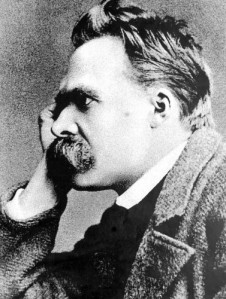Dave glances at my plate of spinach, beans, and brown rice as I eye the meatballs  nestled in his spaghetti.
nestled in his spaghetti.
“You eat like a rabbit,” he says.
“Rabbits don’t generally eat garbanzo beans or cooked rice,” I reply.
“But still…”
As the conversation changes, he forgets my rabbit food, and I forget his meat. In the end, it doesn’t really matter what we have.
According to a 2008 study by Harris Interactive Service, about 7.3 million people are vegetarian in the United States—that’s about 3.2 percent of the population. Most are young, from middleclass backgrounds, and live in the Western or Southern regions of the United States. I’m one of them, a skinny, grain-eating, tofu-crunching middle-class American.
Nothing radical there.
We vegetarians eat about three meals per day—just like our omnivorous counterparts. We don’t all use organic paper and beet-juice ink or attend regular services at hippy churches on weekends. Most aren’t PETA extremists who throw red paint at fur coats and survive on seaweed and unpronounceable grains. Perhaps our farts smell a little bad sometimes, or we’re be a pain to take out to dinner, but most of us are pretty normal. At least I think so.
Still, some people berate me with things like, “why the hell would you do that?” or “we deserve to eat animals,” or my personal favorite, “you’re going to die because you’re not getting enough protein.”
Others aren’t so malicious. They just don’t understand, or grow up thinking that all vegetarians fit the same model. But we are all very different and have very different reasons for becoming vegetarian.
Continue reading “Making the Switch” →






